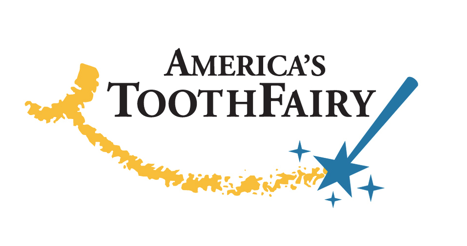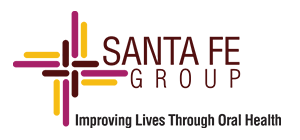
Proceeds raised will help members of the America’s ToothFairy Dental Resource Program, which provides an array of support to more than 75 nonprofit dental clinics serving more than 500,000 children nationwide. In addition to financial grants, resources available to member clinics include dental products and equipment, educational materials, and opportunities for community engagement.
“We are especially grateful for the support of our sponsors during this challenging time,” said Jill Malmgren, Executive Director of America’s ToothFairy. “The effects of COVID-19 are far reaching and it appears no one will be spared the widespread consequences of this virus–especially nonprofit organizations like ours that depend on the generosity of others in order to provide help to those who need it most. Even though times are tough, we intend to continue supporting the essential work of the safety-net dental clinics that rely on us to meet the needs of their communities.” The auction ended March 27th, however monetary donations to support the Dental Resource Program are still being accepted at AmericasToothFairy.org.
Bid For Smiles sponsors and major item donors included Henry Schein, GC America, Darby Dental Supply, and MidMark Corporation.
Additional online auctions are being considered for this fall to supplement income lost due to event cancellations as a result of the COVID-19 pandemic. For more information about sponsoring future events, contact Jess McDonald at jmcdonald@ncohf.org.
About America’s ToothFairy: National Children’s Oral Health Foundation
As a resource provider, America’s ToothFairy increases access to oral health care by supporting nonprofit clinics and community partners delivering education, prevention and treatment services for underserved children. Since its inception in 2006, America’s ToothFairy has distributed more than $21 million in donated products, educational materials and financial grants to improve oral health outcomes for children and youth in need. For more information, visit AmericasToothFairy.org.



 Newswise — Inspired by how human bone and colorful coral reefs adjust mineral deposits in response to their surrounding environments, Johns Hopkins researchers have created a self-adapting material that can change its stiffness in response to the applied force. This advancement can someday open the doors for materials that can self-reinforce to prepare for increased force or stop further damage.
Newswise — Inspired by how human bone and colorful coral reefs adjust mineral deposits in response to their surrounding environments, Johns Hopkins researchers have created a self-adapting material that can change its stiffness in response to the applied force. This advancement can someday open the doors for materials that can self-reinforce to prepare for increased force or stop further damage.



 A message from the Volunteer Members of the Santa Fe Group:
A message from the Volunteer Members of the Santa Fe Group: The dental laboratory technology community is mourning the loss of Vincent Alleluia, MDT, CDT, who died April 11 at the age of 92.
The dental laboratory technology community is mourning the loss of Vincent Alleluia, MDT, CDT, who died April 11 at the age of 92.
